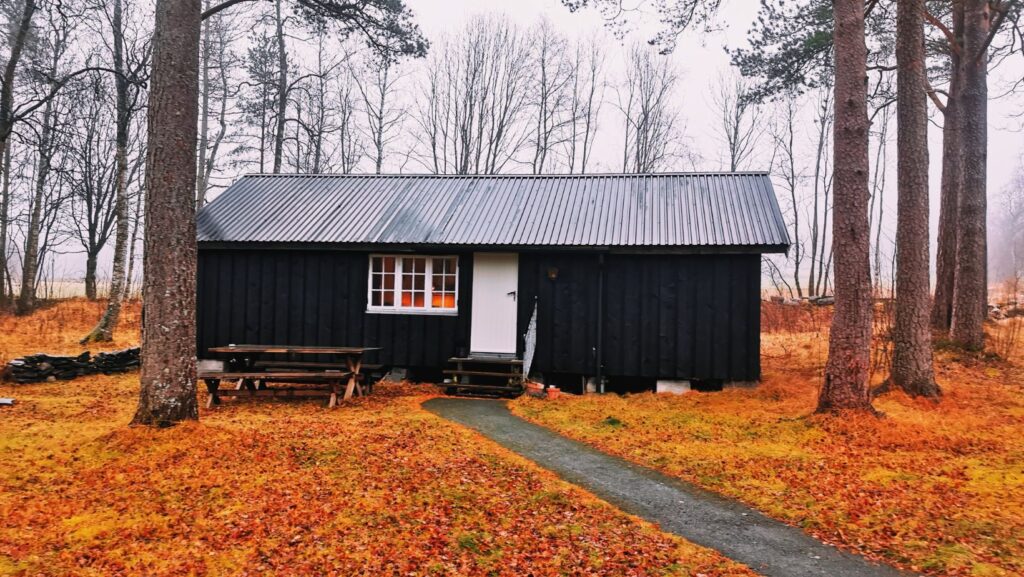
In the search for innovative and environmentally friendly housing solutions, shipping containers have surfaced as an unexpected but practical choice. These durable steel boxes, originally designed for international freight transit, are being transformed into stylish and functional homes. In the United Kingdom, creative people are recycling shipping containers to create economical, eco-friendly dwelling quarters, rather than just storing them. Bell Containers, for example, is driving this trend by providing high-quality containers for a variety of creative endeavours. This article will discuss the history of shipping container homes, their advantages, a range of innovative designs, and some of the challenges they provide. In addition, we will look at well-known UK programs and speculate on the future of this unusual approach to housing.
From Storage to Home: Creative Shipping Container Solutions
Shipping containers, which were once used for carrying products, are now being artistically reused in a variety of unique ways. Here are a few of the more fascinating applications:
Home and Living Spaces
Shipping containers are increasingly being used to create one-of-a-kind and customisable dwellings. Their modular design enables for simple expansion by adding more containers. This environmentally friendly alternative to typical building minimises waste by reusing existing resources. These houses may be as basic or as extensive as desired, using current design features and environmentally friendly technology.
Sheds, garages, and workshops.
Containers are a wonderful way for adding storage space to buildings. They may be transformed into sheds, garages, or workshops, providing a safe and durable environment for tools, automobiles, and other equipment. These areas may be customised to meet individual demands by changing the container, such as adding windows and ventilation, whether for hobbyist projects or professional applications.
Outdoor movie theatres with food trucks
Shipping containers may be repurposed into interesting leisure areas. Outdoor movie theatres created from containers may be soundproofed to provide a better viewing experience.

Furthermore, containers are an excellent platform for food trucks and pop-up restaurants owing to their mobility and adequate room for kitchen sets. These mobile units may be customised to offer a one-of-a-kind eating experience by adding service windows, kitchen equipment, and branding.
Emergency Medical Centres and Student Housing
In many parts of the globe, shipping containers operate as mobile medical clinics, offering healthcare to underprivileged communities. These containers may be supplied with medical supplies, exam rooms, and drugs. They are also being considered as inexpensive student housing options. Containers, when stacked and organised imaginatively, may provide efficient and community-oriented living spaces that help to overcome the housing scarcity in university towns.
Swimming Pools and Saunas
Containers may be converted into swimming pools by digging a space and adding necessary linings and filtration systems. These pools are more durable and cost-effective than regular pools. Containers may also be used to make saunas. By adding wood inside and steam plumbing, a container may be transformed into a small and attractive relaxation hideaway.
Gardens and Growth Rooms
For urban gardening, shipping containers are an appropriate enclosed enclosure that may be converted to offer regulated growth conditions for plants. These grow rooms may be outfitted with lighting, irrigation systems, and temperature controls to promote plant development, making them ideal for year-round gardening or urban farming projects.
Office Space and Portable Toilets
Businesses may use containers to build flexible office space. These offices may be enlarged or modified as necessary, providing flexibility and scalability.
According to OSHA requirements, construction sites must provide at least one portable toilet for every 20 workers on a 40-hour workweek. These facilities must be properly maintained in a sanitary condition, with employers establishing regular cleaning schedules and ensuring hand sanitization options are available. For optimal accessibility, portable toilets should be properly vented, and equipped with adequate lighting when necessary.

Containers may also be used as portable toilets on construction sites or during major events. With correct plumbing installation, they offer a practical and hygienic option.
Barns & Patios
Farmers are exploring new applications for shipping containers, such as livestock buildings or equipment and feed storage facilities. Containers may also be utilised to build decks or patios in existing residences. Containers may be transformed into appealing outdoor living areas by cutting away parts for doors and windows and installing decking.
Conclusion
Shipping containers are an adaptable and ecological option for a variety of applications, including housing, business usage, agricultural, and leisure. Their longevity, cost-effectiveness, and versatility make them ideal for designing innovative and practical places.












